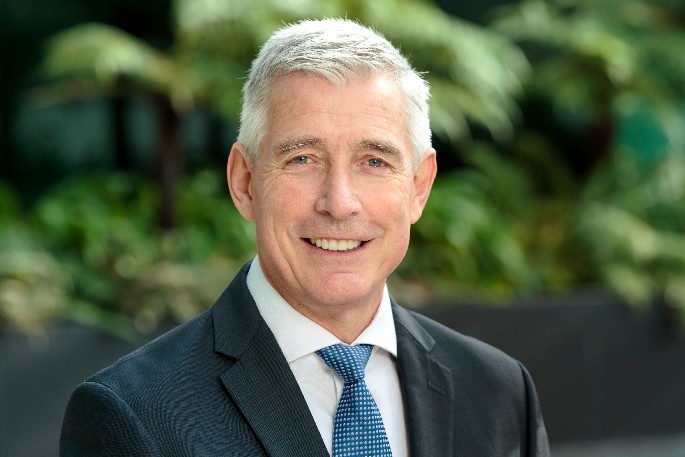This Content Is Only For Subscribers
Air New Zealand has welcomed the Commerce Commission’s Targeted Review of Airport Regulation and is urging further action to ensure New Zealand’s critical airport infrastructure delivers better outcomes for Kiwi travellers and supports long-term economic growth.
“Airports are critical infrastructure for New Zealand and this is the second time this year that an independent review has found their investments are not delivering long-term benefits for Kiwi consumers,” says Air New Zealand chief executive Greg Foran.
“In 2023, Air New Zealand paid Auckland Airport $61 million. This year, that’s risen to $144 million. By 2032, we expect to be paying $476 million with no effective oversight of how those costs are set before they’re locked in. Unfortunately, it’s New Zealanders who will bear the brunt of these increases. Add in another $248 million in government agency fees and levies and the bill climbs to $724 million in 2032. And Auckland is just one of 48 ports we operate from.
“We welcome the Commerce Commission’s report and its recommendations to enable earlier oversight of large airport spend. The report also highlighted significant gaps in how the current oversight regime works and called for targeted changes. These changes may well achieve what we had hoped to accomplish through an inquiry. This is not a vote of confidence in the status quo, and the Commission’s recommendations should be acted on with urgency before further costs are locked in and passed on to everyday Kiwi travellers and businesses,” says Greg.
The Commerce Commission’s report highlighted a timing gap that reduces its ability to influence outcomes before they are locked in, and that the options available through a Section 56 inquiry aren’t fit for purpose.
“As the national airline – and the only airline from New Zealand flying to 20 different airports around the country – we support sensible investment. But airports do not work in isolation, and the level of their investment must be at a scale that both airlines and passengers can afford, not just in a few years, but over the long term.
“Airport charges across the country are one of our fastest-growing costs. As just one example, without regulatory change, economic analysis shows that Auckland Airport’s current pricing settings could result in 3.9 million fewer domestic passenger journeys by 2032 because domestic air travel around New Zealand will be less affordable. That suppresses growth.
“Auckland Airport claims their charges are going up by $1.26 a year, but that figure leaves out the cost of their multi-billion-dollar terminal, which isn’t due to open until after 2027 and therefore isn’t reflected in current prices. The airport has never publicly disclosed what that terminal will mean for passenger pricing and, under the current regime, they don’t have to. That’s exactly the kind of issue the Commission is concerned about.
“Until the rules change, Kiwi consumers will keep hearing modest figures from airports while the real costs build quietly in the background. By the time they have to disclose the true cost, it will be too late for anyone to intervene and ensure that airport investment genuinely supports New Zealand’s long-term economic growth,” says Greg.



